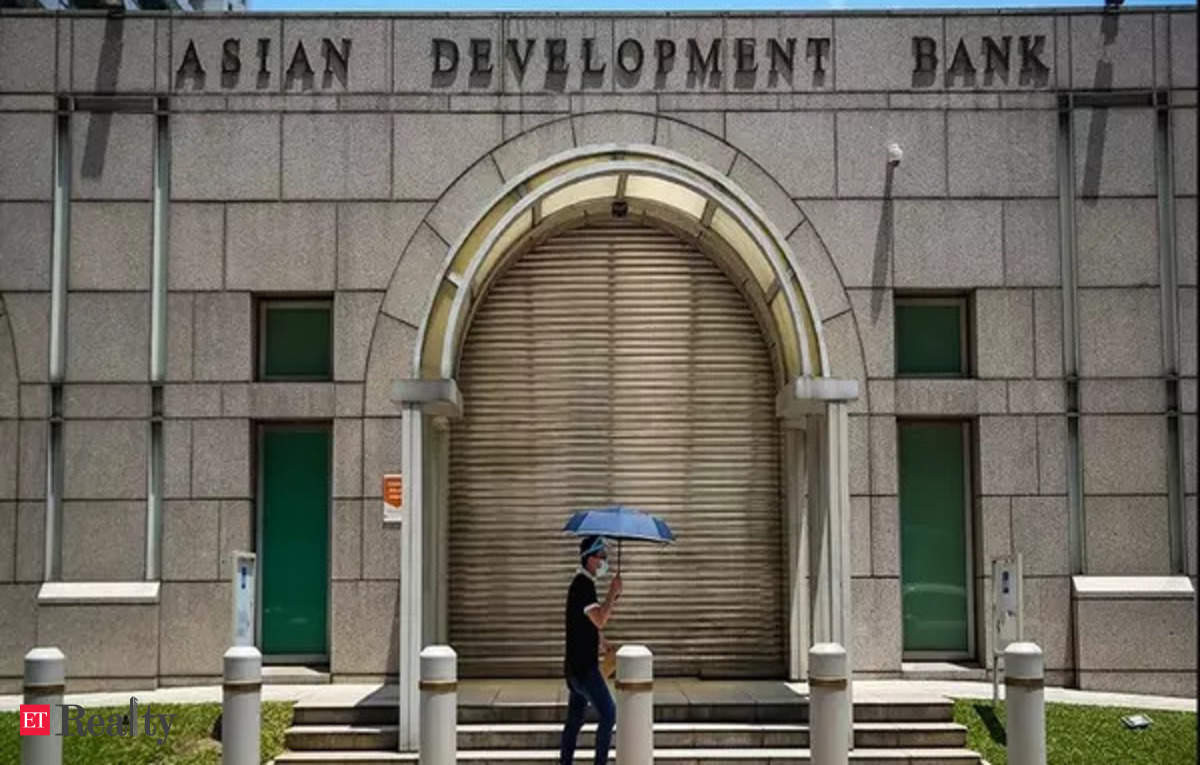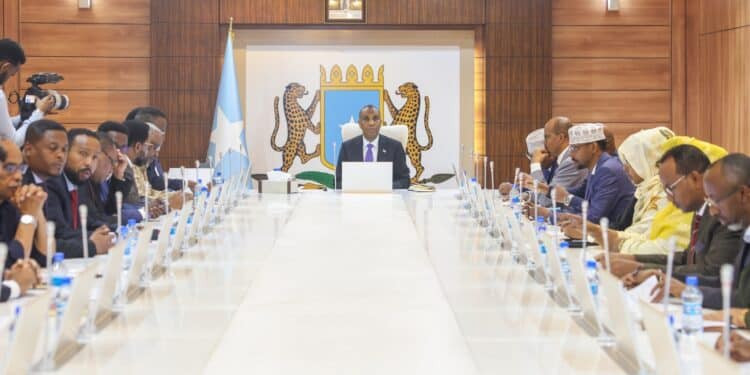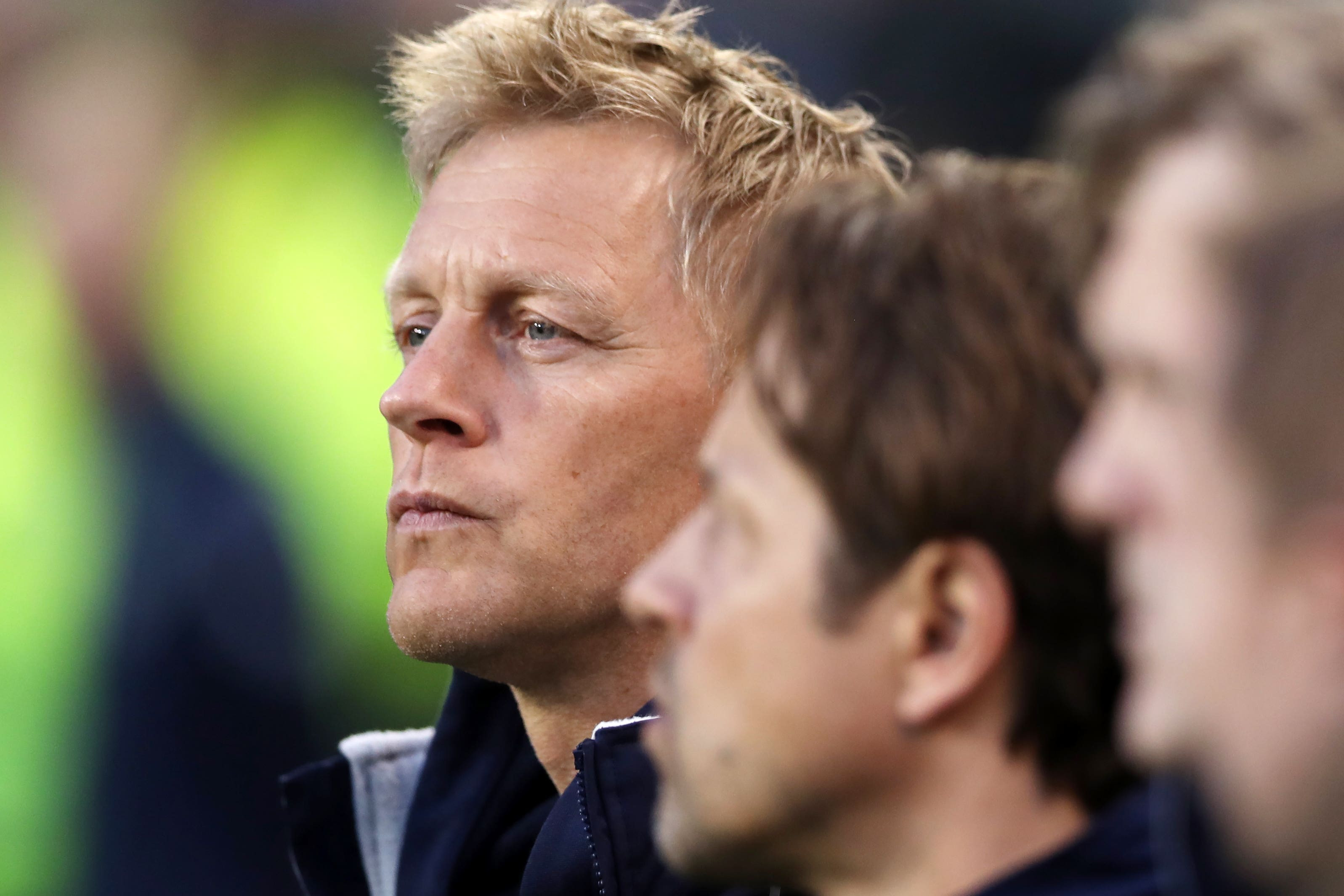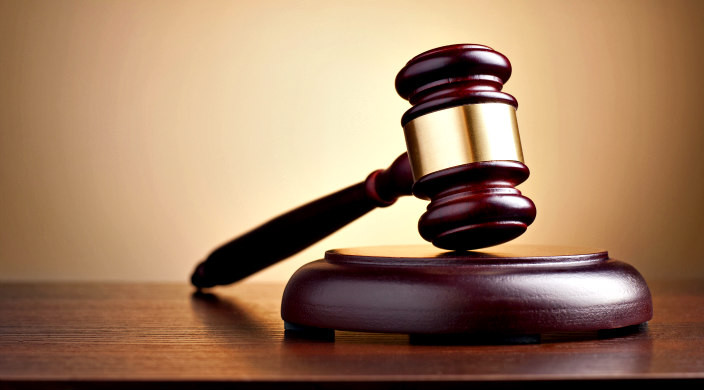Nigeria-France Economic Partnership: A Cautious Optimism
President Bola Tinubu's three-day state visit to France marked the first official state visit by a Nigerian leader to Paris in over two decades. This historic visit culminated in the signing of significant agreements between the two nations, signifying a renewed economic partnership. The deals, totaling hundreds of millions of dollars, aim to develop critical infrastructure, boost food security, and unlock the potential of Nigeria's solid minerals sector. However, the enthusiasm surrounding these new partnerships is tempered by cautious voices within Nigeria who raise concerns regarding the long-term implications of these agreements.
A $300 Million Investment in Nigeria's Future?
One of the most significant outcomes of the visit was a $300 million agreement focused on infrastructure development. This substantial investment targets crucial sectors, including renewable energy, transportation, agriculture, and healthcare. The aim is to modernize Nigeria's infrastructure, improve its energy supply, enhance food production, and strengthen the country's healthcare system. This ambitious plan reflects both countries' commitment to sustainable and inclusive development in Nigeria. The success of this initiative will hinge on effective implementation and collaboration between Nigerian and French entities.
Infrastructure Development and Economic Growth
The economic potential of this agreement is undeniable. Improved infrastructure is a cornerstone of economic growth, attracting foreign investment, facilitating trade, and creating jobs. Renewable energy initiatives, in particular, have the potential to transform Nigeria's energy sector, reducing reliance on fossil fuels and mitigating the impact of climate change. However, the success of such a large-scale project will depend critically on the project's transparency and accountability, and its effectiveness in addressing Nigeria's specific needs.
Food Security and Mineral Development: A Dual Focus
Beyond infrastructure, Nigeria and France signed an agreement to enhance food security and develop Nigeria's solid minerals sector. The collaboration on food security aims to address the challenges of food production and distribution in Nigeria, improving agricultural practices and ensuring access to nutritious food for the population. Likewise, the agreement concerning solid mineral resources recognizes the untapped potential of Nigeria's mineral wealth and seeks to develop this sector sustainably. This is critical given the crucial role that natural resources can play in a nation's economic prosperity.
Sustainable Development and Resource Management
The agreement's emphasis on sustainable development is noteworthy. The focus on responsible resource management, particularly concerning minerals, is essential to avoid the pitfalls of previous exploitation models that have left other nations grappling with environmental and social issues. Nigeria’s experience with oil extraction serves as a cautionary tale against unsustainable practices. The nation must ensure that any agreements related to mining and natural resources prioritizes environmental protection and community well-being. This project needs to prioritize the long-term interests of the nation above short-term economic gains.
Nigeria and France: A Strategic Partnership or a Cautious Alliance?
While the agreements signed during President Tinubu’s visit represent a significant step towards bolstering economic ties between Nigeria and France, several analysts have voiced concerns. Some critics point to France’s history of engagement in the Sahel region, citing instances of economic exploitation and lack of significant development in countries like Chad, Niger, Mali, and Burkina Faso. They argue that these past experiences raise legitimate concerns about the potential for similar outcomes in Nigeria's partnership with France. The concerns extend beyond potential economic exploitation to encompass the political landscape and the potential for external interference in Nigeria’s affairs.
Navigating Geopolitical Dynamics
The deals come at a time when France is seeking new partnerships in West Africa following a series of military coups in the Sahel region, adding another layer of complexity to the Nigeria-France relationship. This shift in regional dynamics has prompted analysts to question whether Nigeria's partnership with France could be affected by these geopolitical shifts. The concerns also extend to the potential impact on Nigeria's regional standing and its own sovereignty. Maintaining Nigeria's national interests within the context of the changing political scene in the Sahel region will require delicate negotiation and strategic planning.
A Look Ahead: Transparency, Accountability, and Sustainable Development
Ultimately, the success of the Nigeria-France agreements will depend on several crucial factors. Transparency and accountability in the implementation of these projects are paramount to ensure that the benefits are shared equitably and sustainably. Furthermore, a robust framework that safeguards Nigeria's environmental and social interests is critical. Nigeria must take steps to ensure a level playing field for Nigerian businesses and that the agreements are truly mutually beneficial. The long-term impact of these agreements will depend on Nigeria’s capacity to prioritize its national interests and ensure that the partnership with France results in meaningful development and prosperity for its people. The future of this relationship will be determined by the way these deals are implemented and the overall benefits it brings to Nigeria.
The agreements between Nigeria and France represent a substantial investment in Nigeria's future. Their success will ultimately depend on effective implementation, transparency, and a commitment to sustainable development.



















